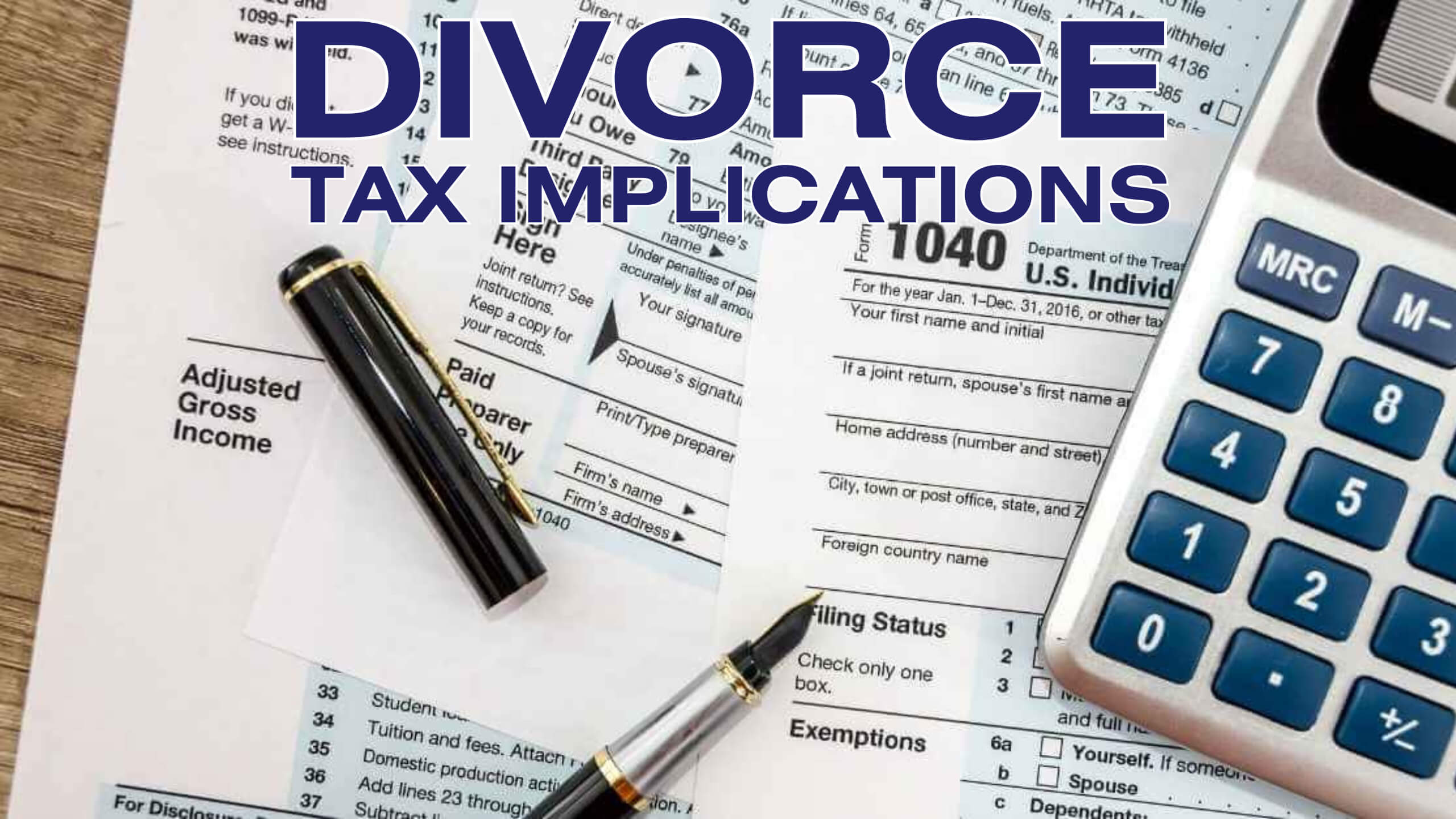Tax Implications of Divorce in Massachusetts

Divorce can be a difficult and emotional process, but it’s essential to understand the tax implications of divorce in Massachusetts to avoid any surprises come tax season. Here are some key things to keep in mind:
1. ALIMONY PAYMENTS ARE NO LONGER TAXABLE INCOME FOR THE RECIPIENT NOR TAX-DEDUCTIBLE FOR THE PAYER.
Prior to 2022 in Massachusetts, Alimony used to be tax deductible for the person paying it and considered taxable income for those receiving it. This recently changed under Massachusetts law and is no longer in effect. If you are getting divorced after 2022 or had your divorce modified after that time, you may not be eligible to receive a deduction for paying alimony. As always, check with a CPA or tax expert in your region.
Read: Massachusetts Alimony Laws
2. Child support payments are not tax-deductible.
Unlike alimony payments, child support payments are not tax-deductible for the payer. The recipient does not have to report child support as income on their tax return.
3. Property division can have tax consequences.
When dividing property during a divorce, it’s crucial to consider the tax implications of each asset. For example, transferring a retirement account can trigger taxes and penalties if not done correctly. It’s essential to work with a financial advisor and tax professional to ensure that property division is done in the most tax-efficient way possible.
4. Filing status changes after divorce.
After a divorce, your filing status will change from married filing jointly to either single or head of household. This can affect your tax liability, deductions, and credits. You’ll want to speak with a tax expert to fully understand the tax implications of your new filing status and adjust your tax withholding accordingly.
5. Timing is critical.
The timing of a divorce can have a significant impact on your taxes. For example, if a divorce is finalized before the end of the year, you will be considered unmarried for the entire year and can file as single or head of household. However, if the divorce is finalized after the end of the year, you will still be considered married for the entire year and must file as married filing jointly or separately.
Understanding the tax implications of divorce in Massachusetts is critical to avoid any surprises come tax season. It’s essential to work with a team of professionals, including a family law attorney, financial advisor, and tax professional, to ensure that your divorce is done in the most tax-efficient way possible.
If you need help navigating the tax implications of divorce in Massachusetts, contact O’Connor Family Law. Our experienced attorneys can help you understand your rights and obligations and ensure that your divorce is done in the most tax-efficient way possible.
Contact us today to schedule a consultation.


